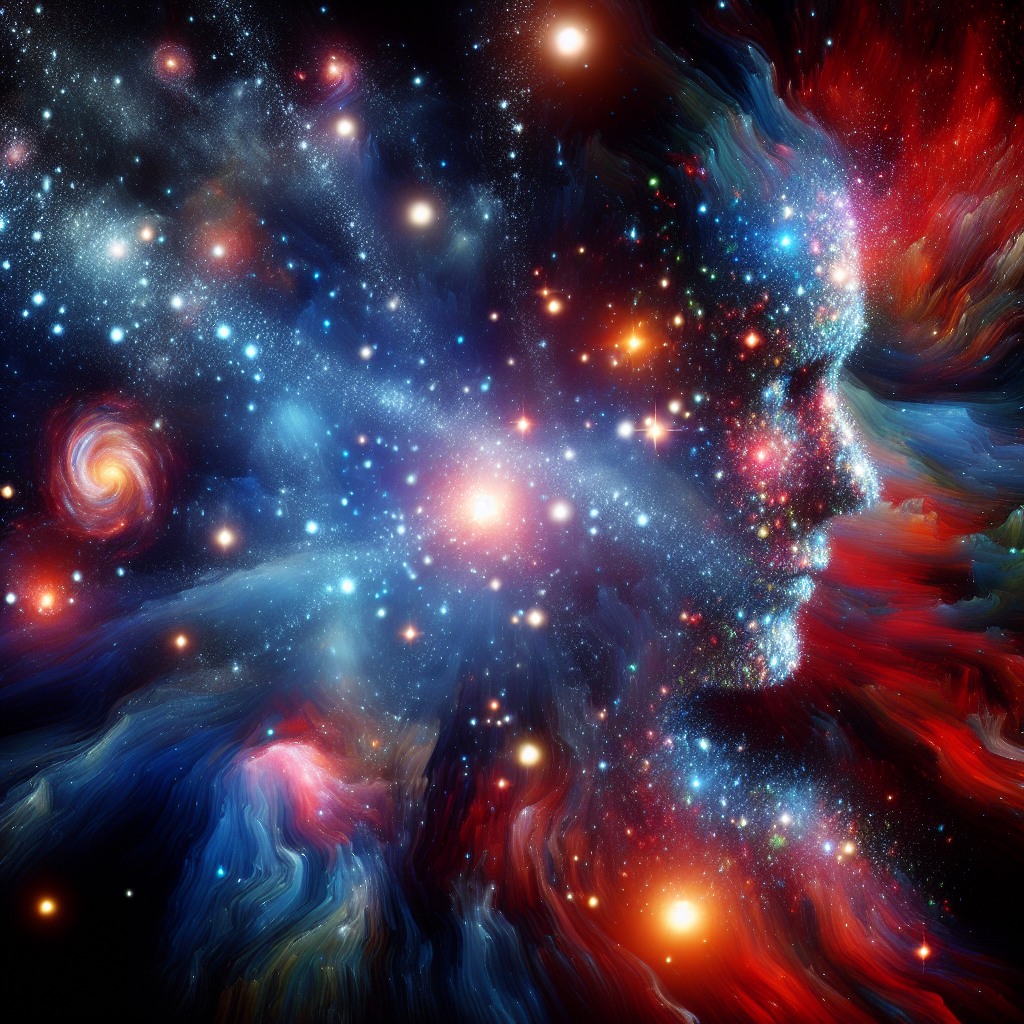NASA’s James Webb Telescope Confirms Cosmic Discrepancy, Hinting at New Physics
The universe appears to be presenting a conundrum to astronomers, as the latest findings from NASA’s James Webb Space Telescope (JWST) have intensified an ongoing debate about the rate of cosmic expansion, known as the Hubble constant. This “Hubble tension” reveals discrepancies in our understanding of the universe, raising profound questions about the fundamental nature of reality.
In a study published on December 9 in The Astrophysical Journal, astronomers reported a high-precision measurement of the Hubble constant, suggesting the universe is expanding at a rate of 72.6 kilometers per second per megaparsec. This figure aligns closely with earlier measurements but diverges significantly from predictions based on the ancient light captured by satellites like Planck, which estimated a rate of about 67 km/s/Mpc. As Adam Riess, a Nobel laureate and lead researcher from Johns Hopkins University, stated, "The cause is something much more interesting than a telescope flaw. Rather, it appears to be a feature in the universe."
A Persistent Cosmic Discrepancy
How can something as seemingly fundamental as the expansion rate of the universe be so contradictory? Astronomers measure the Hubble constant using two primary methods. The first involves studying the cosmic microwave background (CMB)—the afterglow of the Big Bang—while the second measures the brightness of specific variable stars known as Cepheids. Despite careful observations and sophisticated technology, these two methods yield conflicting results, creating what some scientists are beginning to recognize as a significant and persistent cosmic discrepancy.
These findings resonate with the age-old biblical reflection that our understanding is often limited. “For my thoughts are not your thoughts, neither are your ways my ways,” declares the Lord (Isaiah 55:8, NIV). The universe operates on principles that, at times, seem to elude our comprehension, reminding us of our place in the divine order.
A Window to New Physics?
The implications of the Hubble tension extend beyond mere numerical discrepancy; they suggest unfamiliar physics at play. While some hypotheses focus on potential measurement errors, others hint at profound alterations in our perception of the cosmos. Ideas such as early dark energy and new properties of dark matter could reshape everything we understand about the universe’s inception and future.
Marc Kamionkowski, a cosmologist not involved in the study, speculated that “one possible explanation … would be if there was something missing in our understanding of the early Universe." Such revelations challenge us to stay open-minded in our search for truth, echoing the biblical principle of seeking wisdom and understanding.
The Hunt Continues
As scientists endeavor to unravel this mystery, the JWST will remain at the forefront, probing deeper into the cosmos. These explorations embody the spirit of inquiry and curiosity, which can be seen as a reflection of God’s creative design. The unpredictability of scientific discovery invites us to embrace the unknown while maintaining faith in a purposeful creation.
Reflecting on these developments, it is essential to recognize that our journeys—whether in science, faith, or daily life—often require patience, humility, and perseverance. As we contemplate the universe’s mysteries, we might draw inspiration from Proverbs 3:5-6 (NIV): “Trust in the Lord with all your heart and lean not on your own understanding; in all your ways submit to him, and he will make your paths straight."
In this cosmic context, we are reminded that while our knowledge may be limited, faith in a divine plan can provide us with comfort and direction. The Hubble tension serves as a potent reminder of the infinite complexity of creation and encourages us to ponder not only the mysteries of the universe but also our place within it.
Let this scientific inquiry captivate our curiosity and inspire us to seek understanding beyond our immediate perception, fostering a spirit of wonder and reverence toward the cosmos and its Creator.
Explore and dig up answers yourself with our BGodInspired Bible Tools! Be careful – each interaction is like a new treasure hunt… you can get lost for hours 🙂


